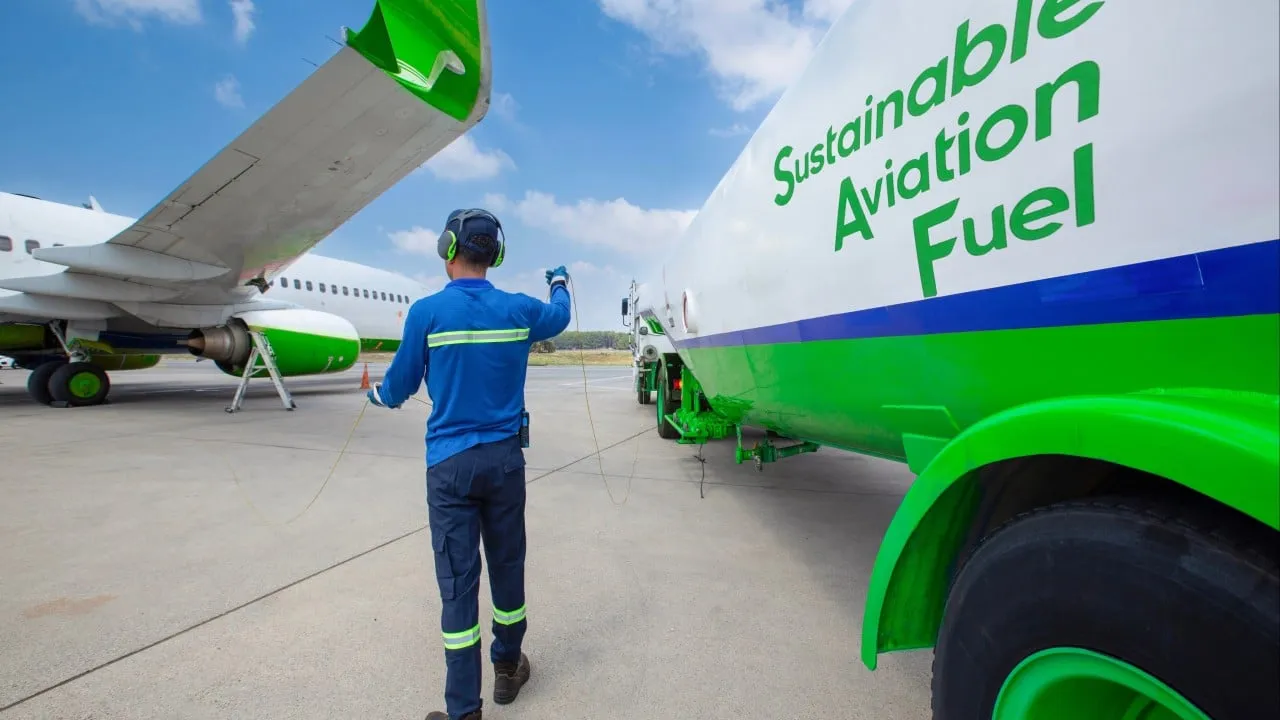Sustainable Aviation Fuel Policies Are Crucial for Hong Kong’s Aviation Hub

The Urgency of Sustainable Aviation Fuel Policies
Aviation in Hong Kong is at a crossroads, demanding immediate attention to sustainable aviation fuel (SAF) policies. Experts assert that Hong Kong must implement policies to mandate the use of SAF and stimulate supply to hold onto its competitive edge as an aviation hub. As Mark Harper from John Swire & Sons emphasized, the current interplay of low demand and low supply of SAF highlights the pressing need for government intervention.
The Environmental Impact of Aviation
- Aviation accounts for approximately 2% of global energy-related carbon dioxide emissions.
- About 70% of emissions from Swire's operations are linked to its stake in Cathay Pacific, primarily from jet fuel.
- Global SAF supply is largely produced in North America and Europe due to favorable tax incentives.
Hong Kong’s Strategic Goals
In the recent policy address, Chief Executive John Lee Ka-chiu highlighted the importance of an action plan aimed at promoting SAF usage, signifying a shift towards green transformation within the aviation sector. Key industry leaders stress the necessity of setting SAF adoption targets ranging from short to long-term horizons.
Collaborative Efforts for Decarbonisation
Tracy Wong Harris from Standard Chartered Bank advocates for public-private collaboration to effectively tackle the challenges of SAF implementation. This includes funding strategies like bonds linked to SAF usage, government subsidies, and incentives to encourage investment.
Global Context and Future Projections
- Singapore has mandated 1% SAF for all flights by 2026, increasing to 3-5% by 2030.
- The US aims to escalate SAF usage from 24.5 million gallons to 3 billion gallons by 2030.
- Beijing intends to utilize 50,000 tonnes of SAF in a five-year framework.
As the aviation industry presses on toward decarbonisation, effective SAF policies will be pivotal for maintaining Hong Kong’s prominence as an aviation hub.
This article was prepared using information from open sources in accordance with the principles of Ethical Policy. The editorial team is not responsible for absolute accuracy, as it relies on data from the sources referenced.